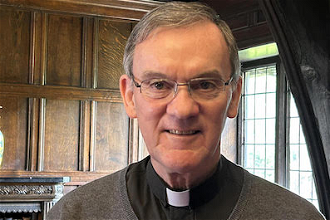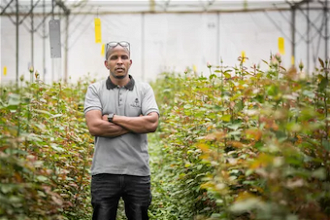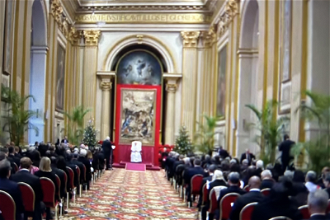Faith Notebook: Copenhagen, Climate Change, and Catholic Social Teaching

As Copenhagen prepares for UN climate talks, the environment once again hits the headlines. Thousands of Christians are expected at a demonstration in London on 5 December. This event, called 'the Wave', will bring together a coalition of groups supporting a safe climate future for all. Is this just a fashionable interest that will be forgotten by Catholics in a few years? Or does the Catholic Church have something substantial to contribute to the debate about the environment?
Catholic social teaching has become better known over the last few years. But few people appreciate that this includes significant teachings about the need to care for the environment. In the Compendium of the Social Doctrine of the Church (2004), a whole chapter was dedicated to safeguarding the environment.
Pope Benedict has made a number of statements stressing the need to value God's creation. In his social encyclical Caritas in Veritate he writes: "The environment is God's gift to everyone, and in our use of it we have a responsibility towards the poor, towards future generations and towards humanity as a whole. We must recognize our grave duty to hand the earth on to future generations in such a condition that they too can worthily inhabit it and continue to cultivate it".
Pope Benedict goes on to explain that this duty to care for the environment is a public responsibility and not just a private one: "The Church has a responsibility towards creation and she must assert this responsibility in the public sphere. In so doing, she must defend not only earth, water and air as gifts of creation that belong to everyone. She must above all protect mankind from self-destruction. There is need for what might be called a human ecology, correctly understood".
In the perspective of Catholic social teaching, concern for the environment is rooted in a biblical theology of creation. This theology holds that the world is created by God and must be valued because of its intrinsic goodness. The human person is still at the centre of this creation - human beings are made in God's image, and human life is to be uniquely respected.
But we also have a responsibility to be stewards of creation, for the sake of the common good and for the good of future generations.
For generations now the Church has offered her social teaching to the world, often in the face of misunderstanding and opposition. Much of this teaching has been prophetic, whether Pope Leo XIII's advocacy of workers' rights in Rerum Novarum (1891) or Pope John Paul II's defence of human life in Evangelium Vitae (1995).
The debate about the environment continues. The Catholic Church's social teaching provides her with a strong position from which to speak on these issues, a position which is consistent with a theology of creation and with the many other social priorities that have emerged over the decades.
Compendium of the Social Doctrine of the Church: www.vatican.va/roman_curia/pontifical_councils/justpeace/documents/rc_pc_justpeace_doc_20060526_compendio-dott-soc_en.html
Caritas in Veritate: www.vatican.va/holy_father/benedict_xvi/encyclicals/documents/hf_ben-xvi_enc_20090629_caritas-in-veritate_en.html





















